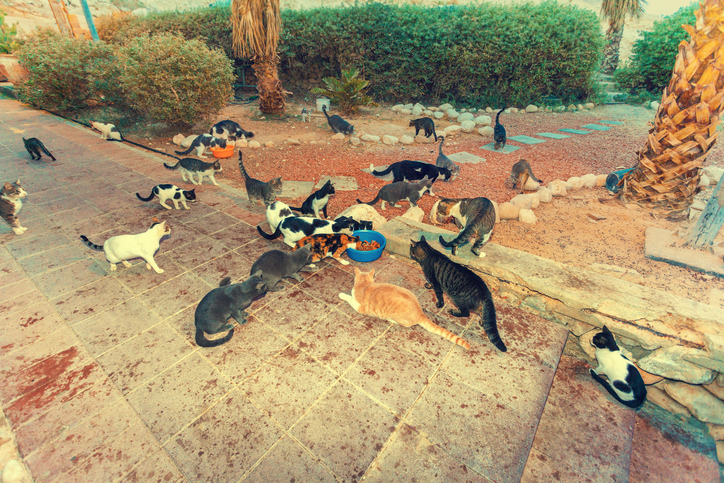bland
(adjective)
/blænd/
 LISTEN
LISTEN


Bland is an adjective that is most often used about food to mean ‘non irritating’ or ‘mild and not highly flavored.’ More generally, it means ‘not lively or lacking special interest’ and it can also mean ‘unemotional or indifferent.’ It can also be used to describe something pleasant or agreeable or something soothing or balmy, like a breeze of air, although these meanings are less common nowadays.
Example sentences
- After a bout of food poisoning, it's best to only eat bland foods for a few days.
- I thought that recipe was rather bland; next time I make it, I'll add more spices.
- Ben found the party rather bland, so he left early.
- The witness gave a bland account of what she had seen.
- The man had a bland, friendly manner.
- It was a mild day with a bland breeze.
In pop culture
You can listen to Nirvana’s song “Downer” here:
Listen out for the lyric ‘Bland, boring, plain!’ at the end of the first verse.
Did you know?
Although originally bland meant something pleasant and agreeable, over time the most common meaning has come to be one that is synonymous with dull or boring. Interestingly, Dull is the name of a town in Scotland, which formed a twinning link with the town of Boring in the US in 2012 and has more recently forged links with the town of Bland Shire in Australia. You can read more about it here.
Other forms
blandness (noun), blandish (verb), blandishment (noun)
Origin
Bland is a relatively new word in the English language. Meaning ‘mild,’ ‘smooth,’ ‘not irritating’ or ‘not stimulating,’ it appeared in the mid-17th century, and came from either the Italian blando, meaning ‘delicate’ or the Old French bland, meaning ‘flattering and complimentary.’ Both of these possible origins come from the Latin blandus (smooth-talking, flattering or alluring), and some think it can be traced back to the Proto-Indo-European root mlad-, a nasalized variant of meld– or mel- (soft). It is related to the French bland and the Italian and Spanish blando, as well as several Romance language words for white, such as the Spanish blanco and the French blanc. It is also related to the English words malt, melt and mild, enamel, mollusk and mutton, among many others.
Word of the Day is released Monday through Friday.



